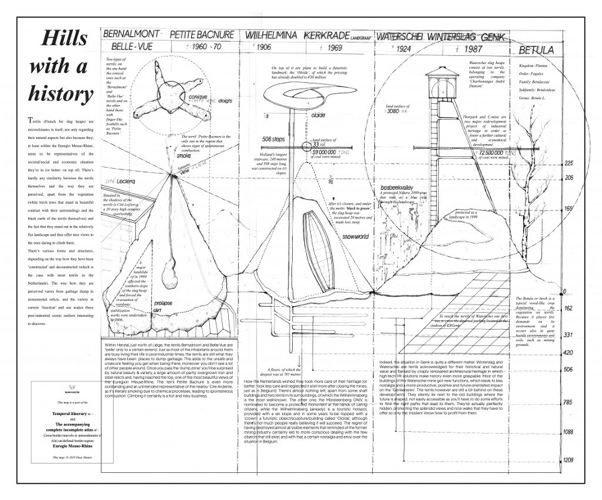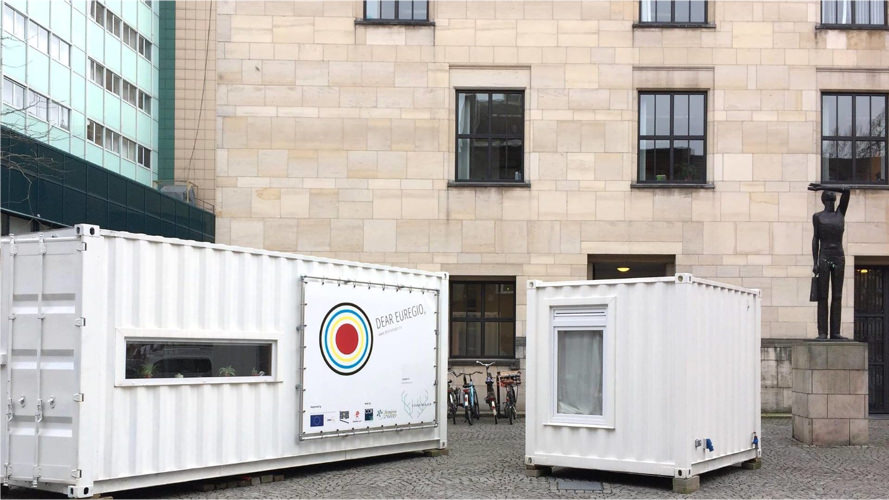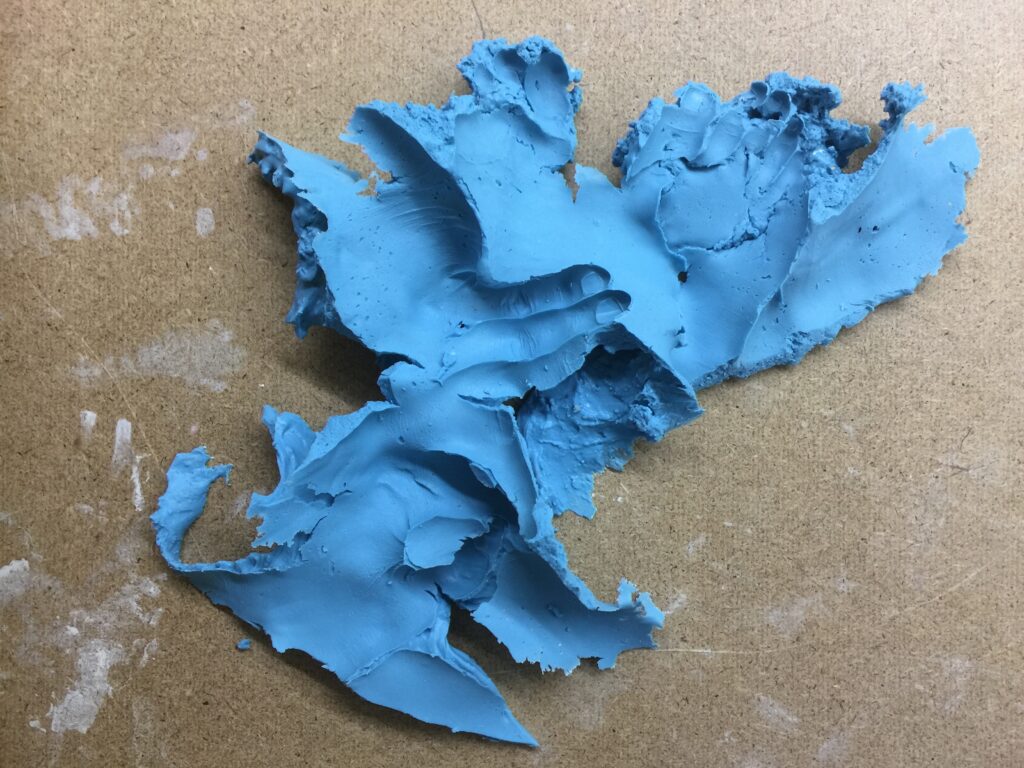MERIAN invites established artists and academics to engage in collaborative research in between making and thinking.
Latest news


MERIAN Maastricht
MERIAN is a space for collaborative research in between making and thinking. PhD candidates engage in innovative styles of research, utilizing the powers and fragilities of artistic and scientific practices. Their research addresses urgent matters of societal concern apparent in the Meuse-Rhine Euregion. This collaboration between Maastricht University, Zuyd University of Applied Sciences and the Jan van Eyck Academie – department of Research & Education, builds on existing expertise from the research, arts and higher education networks in Maastricht.
MERIAN currently has three candidates: Marlies Vermeulen, Antye Guenther and Valentina Curandi. Vermeulen’s research focuses on the place of place in daily life and on maps and secondly the consequences of using maps as research instruments. Guenther’s research focuses on biopolitics of neuroscientific imagery and imaginaries. Curandi’s research will look into the capability of art practitioners to leave dispositions upon the eventuality of death. For more information about the individual research, please visit our Research section.















